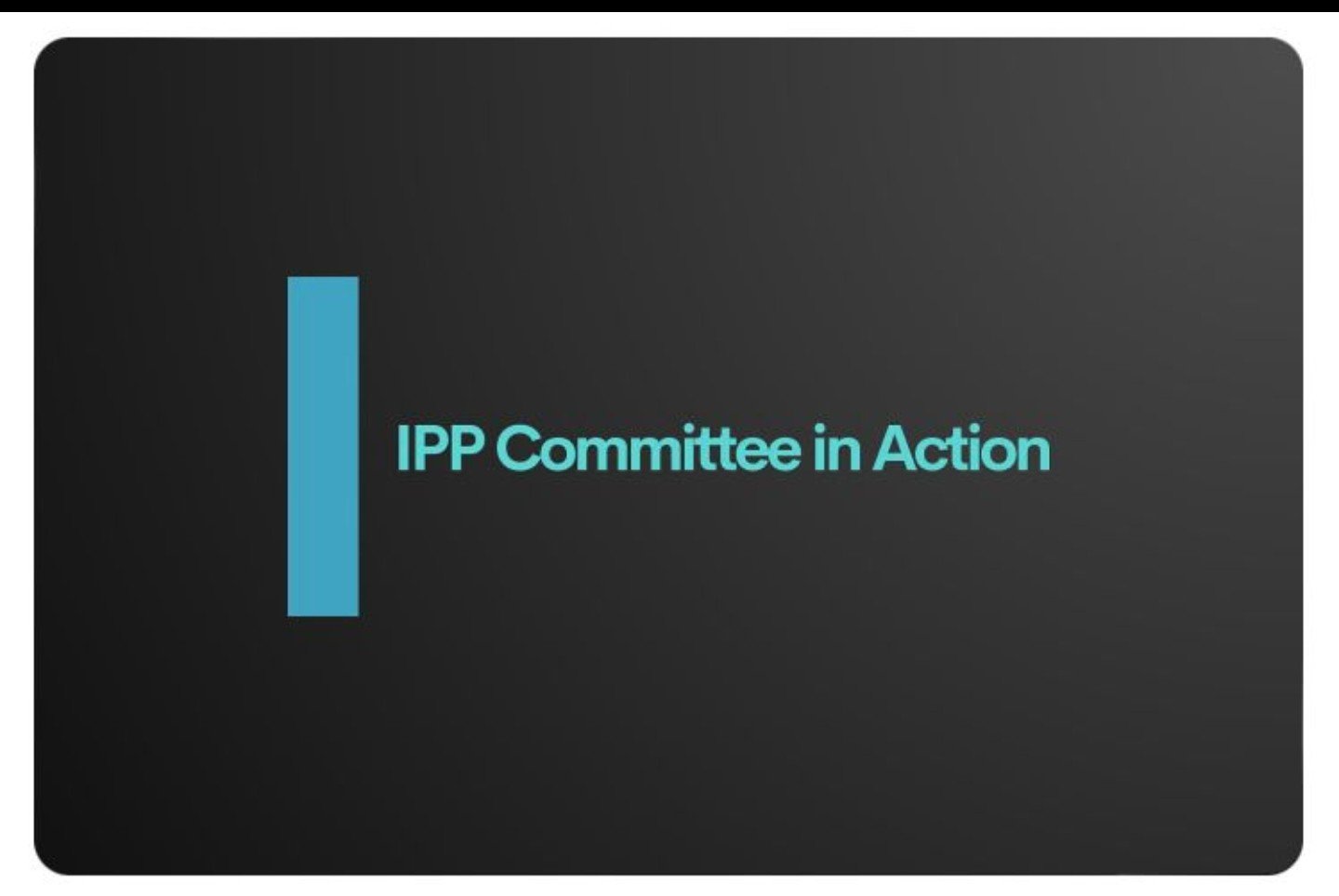ABOUT IPP SENTENCE
IPP Sentence ( Indeterminate Sentence For Public Protection) Introduced in 2005 and abolished in 2012, but not retrospectively meaning that there are almost 3,000 people still locked up indefinitely.
Under the legislation people would be sentenced to an initial tariff (minimum time that must be served) after that point their fate would be decided by the parole board.
However 1,539 IPP prisoners have served their original sentence and have no idea when they will be released. Delays are due to constant parole board deferrals, having to complete courses with years long waiting lists and the general attitude of the state of not caring the least about those it considers to be “underclass” .
Even Lord David Blunkett whose idea it was to implement this disastrous criminal justice act 2003, has admitted that he certainly got the implementation wrong. Releasing over tariff IPP prisoners is not a political priority to the current Justice Secretary, who’s priority is building new prisons. And creating markets for the ever growing “for profit” prison system.
Cuts to pubic expenditure have tightened prison budgets, meaning that it has become harder than ever for people to access the resources they need to be released, or for parole board to complete reviews to schedule. Even if IPP prisoners manage to jump through the hoops and convince the parole that they are no longer a danger to the public, they are released on a 99 year licence. This means they face arbitrary conditions on their freedom and can be recalled to prison at any time for something that is not even considered a crime.
As if simply being locked up wasn’t enough. The rates of self-harm and suicide among IPP prisoners is much higher than that of the general prison population. Due to the uncertainty of not knowing when or even if they will be released. The harm to families and children of IPP prisoners is incalculable.
The shortest tariff of an IPP sentence was just 28 days, the person spent 11 years inside. The 28 days speak volumes of why the IPP sentence is so wrong.
Radio 4 interview with shirley debono
Joint letter from 100 civil society figures


